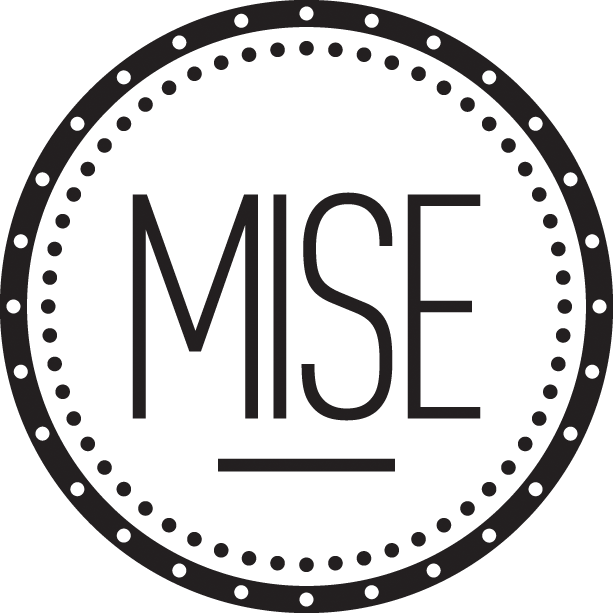Musings
2.18.2015 | Issue #11
Aside from Yelp, and a few vendors hawking POS analytics, the restaurant industry hasn’t seen the full-force gale winds of data-driven technology fuck up the metaphorical shutters.
Why not? The exponential power of digital tech has disrupted practically every industry, and for the ones it hasn’t, it’s poised to do so. When you break down and watch the better of Jane Austen’s canon on Netflix (once! Just once!) you better believe it’s going to recommend BBC specials for the next six months. It knows you, at least a little. Pandora knows what songs you hate. Uber knows where you’re likely to hang out. Watson can beat sweet-faced Ken Jennings in Jeopardy. We don’t think twice when search engines finish our thoughts, because we’re used to it. We don’t want to believe we’re predictable, but we are.
Take Google’s self-driving car. For that to exist, an unthinkable amount of data points are fired off, analyzed, and acted upon by the millisecond. There are no blind spots, there are no signs it doesn’t recognize. There is no human error. So if you take that reality and apply it to a kitchen, a place built on routine but driven by creativity, what happens? It’s a little I, Robot, sure, but if you could catalogue thousands of cookbooks and everything in the known world of flavor, menu creation could be cross-referenced with personal preference and habit. The technology exists, which might lead you to believe that dishes, and the minds who create them can be optimized and subsequently replicated. Not in a creepy bodysnatcher way, but the kitchen will eventually be digitized.
So what’s to stop the digital revolution from infiltrating every level of a professional kitchen? Indulge us for a moment. As Adam Savage pointed out in our last issue, restaurant chains already have a way, maybe more rudimentary than we’re imagining, but still a data-driven way to give people what they want. Taste matrices are honed until an identical, beloved product can be obtained anywhere. Cheesecake Factory, anyone? If you could be David Chang, simply by dipping into an immense pool of input, would you? His recipes could be recorded, easily, but what about his spontaneity? The connections he makes subjectively, based on personal nostalgia and professional experience? Given you catalogued him long enough, you could feasibly build a predictive model. A What Would Chang Do button. What Would Dufresne-Boulud-Hamilton Do. Would this lead to a generation of imitators? Or simply elevate our tastes?
Danny Quick, a self-described “growth hacker” and community activist, recently penned a thing on Medium on recognizing and embracing change in a given industry. In this instance, Quick focuses on music, but the Chinese proverb around which the piece is built—"when the winds of change are blowing, some people are building shelters and some are building windmills"—applies here. “It’s time to get a little less sentimental about what the industry was and start looking at things clearly,” he writes. “This means not overlooking the fact that it’s the market, not the artist or the industry that decides what has value.”
Farming is a great example of an industry building those windmills. SmartFarm Initiatives and drones that check vineyards and strawberry-picking robots are just the publicized developments. The self-driving car was deemed impossible because of the massive crocodile-filled moat of information and computing power that would be needed to pull it off. It was too much. But someone was determined enough to bridge it, and they did. The framework and building blocks are there. There is no reason to assume the restaurant industry will remain sacrosanct and low-fi forever.
Everything, at this moment in time, is in the realm of possibility. It is not a question of fifty years, it's a matter of five. Restaurants are wonderful places, but there's room for improvement. We're not saying your prep will now be done by robots, all of which learned by watching you and are more precise and efficient than any average human ever could be. But if it was, would you hate it?




